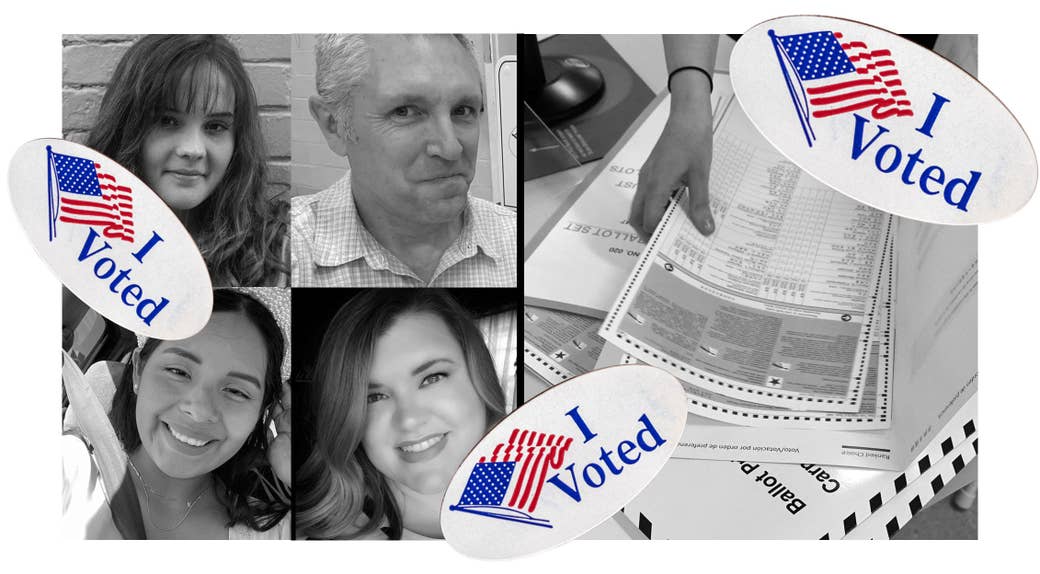
Two years after the 2020 presidential election — which saw thousands of longtime poll workers over 60 resign due to the risk of COVID-19 — many states are again reporting massive shortages of poll workers, this time due to the recent rise in threats against those who work elections because of false claims of voter fraud perpetrated by former president Donald Trump and his supporters.
The increase in threats has caused a third of election and poll workers to quit their positions, Kim Wyman, senior election security lead at the Cybersecurity and Infrastructure Security Agency, told CBS last month.
Yet, despite the increased threats against election workers, many people across the country say that the current climate has given poll station work newfound importance. BuzzFeed News spoke with some of this year’s poll volunteers about what motivated them to work the November elections despite all of the chaos.
For veteran Joe Plenzler, hearing about the poll worker shortage was what made him decide to work the elections this year, as well as help recruit more volunteers to fill the void, he told BuzzFeed News.
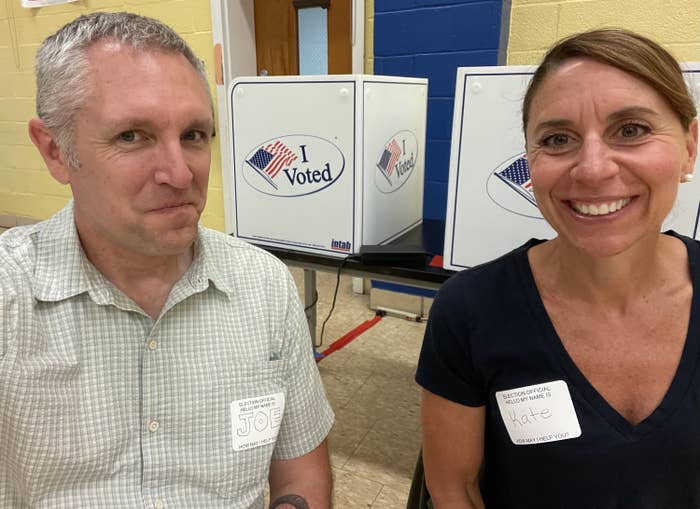
Plenzler — who is a member of the board of We the Veterans, a pro-democracy veteran nonprofit organization for those who served in the military — and others from the group wanted to find a way to promote positive civic engagement within their veteran community.
After speaking with the Federal Election Commission earlier this year and learning the US was around 130,000 poll workers short of what it needed for the 2022 midterms, Plenzler, along with others from We the Veterans, came up with Vet the Vote — a national campaign to encourage veterans and their family members to sign up to be poll workers across the country.
Vet the Vote launched at the end of June with hopes of signing up 100,000 veterans and their veteran relatives to volunteer at the polls and do the crucial work that makes elections possible.
As of early October, the group had already signed up 60,850 poll workers.
“Our main message is: democracy runs on elections, elections run on volunteers,” Plenzler, who is working as an election judge this year, said. “If you don’t have enough volunteers, you’re gonna have fewer polling stations, longer lines, and ultimately, less democracy, because you’re gonna have disenfranchised voters.”
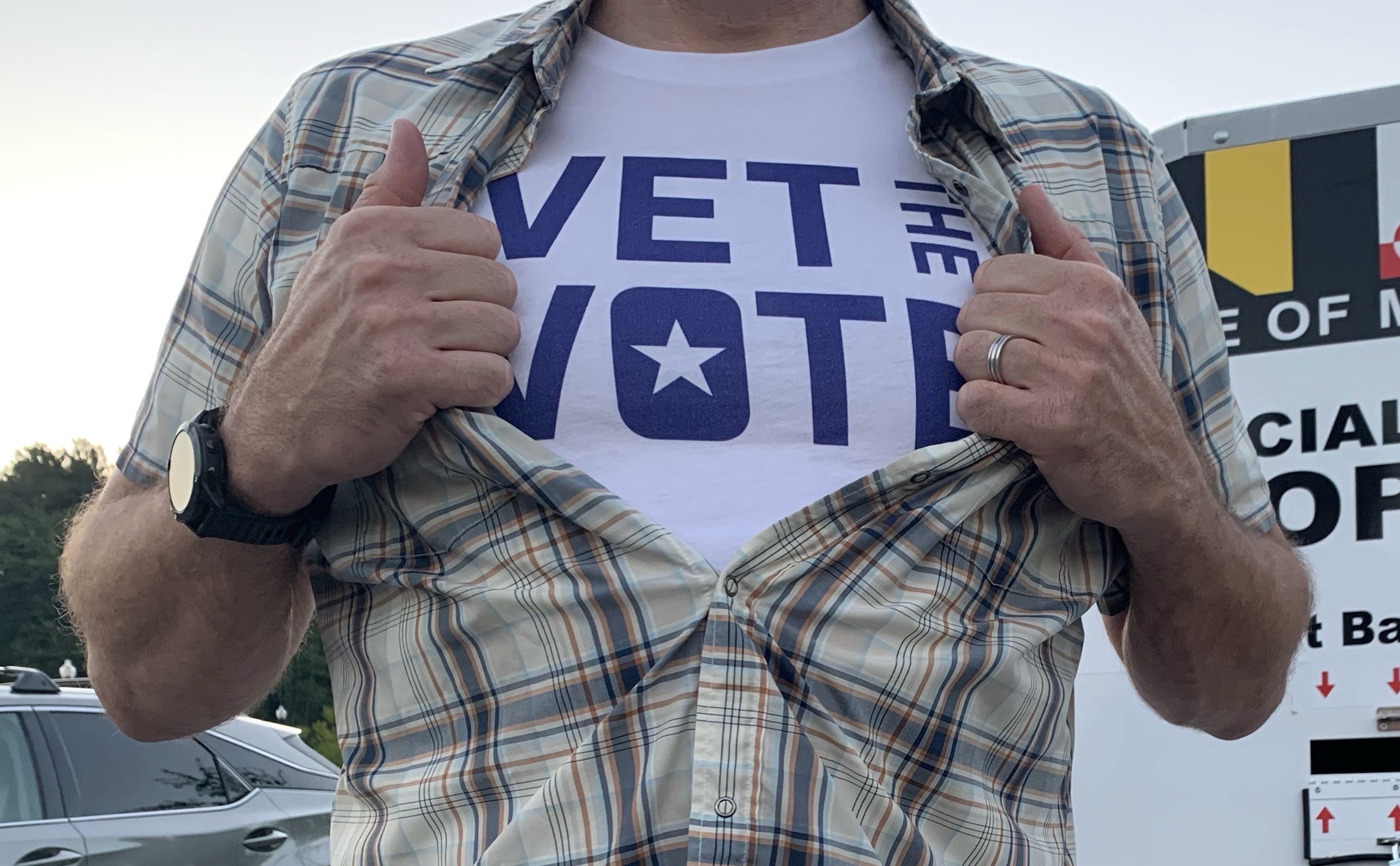
Through the organization, Steve Abbot, a retired four-star admiral in the US Navy, decided to volunteer this year to be a poll worker in his hometown of Arlington, Virginia. “I am very proud to tell you that I am signed up to be a poll worker,” Abbot told BuzzFeed News.
Abbot said that he felt a strong sense of “civic duty” to be a poll worker and wanted to continue to support and defend the country, just like he did when he was active in the military.
Navy veteran Susan Thaxton, who is also signed up to work the polls this year, told BuzzFeed News that after traveling all over the world with the military, she developed an understanding that democracy should not be taken for granted.
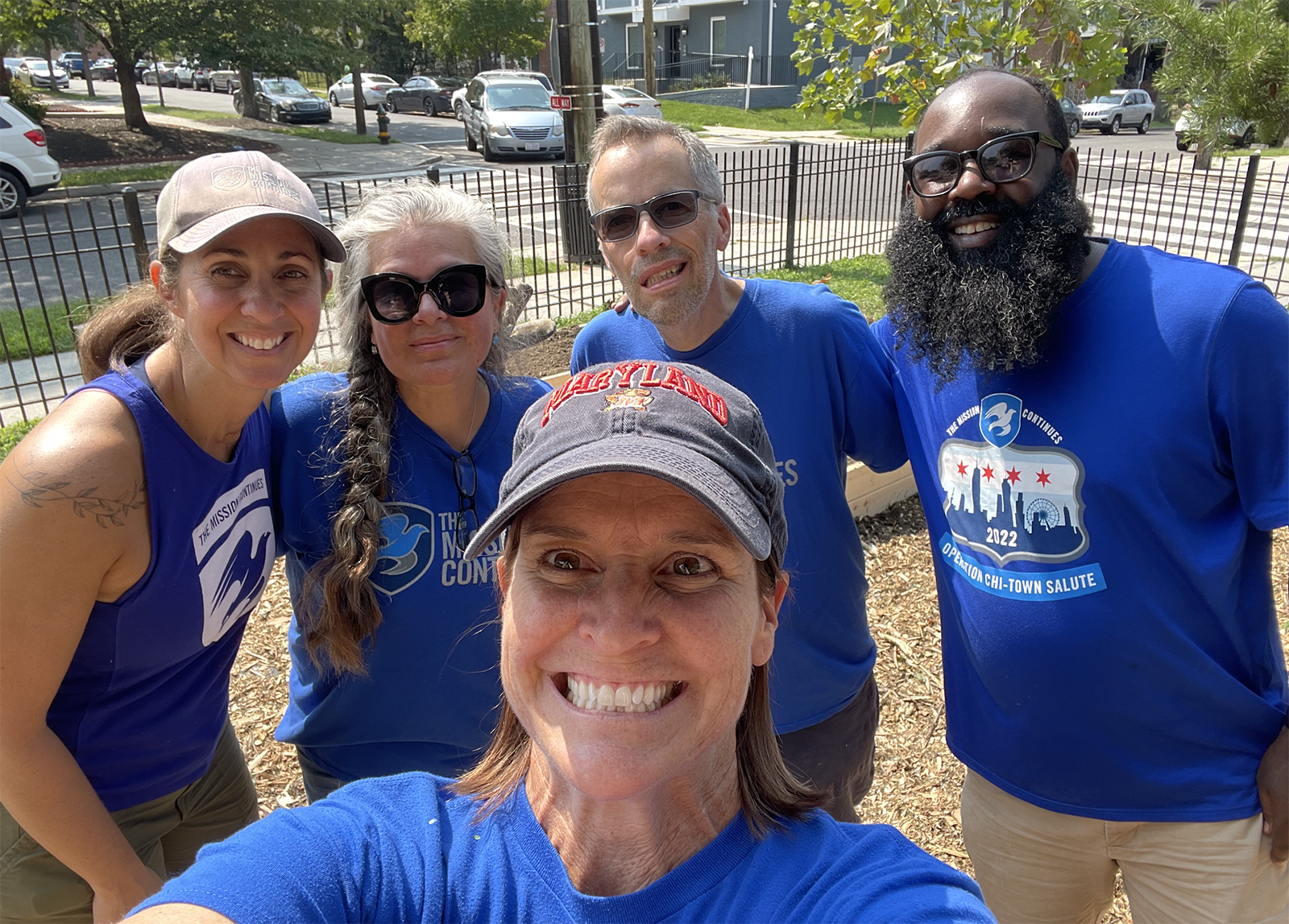
“It’s important that we do our part to make sure that that democracy can function as it needs to,” Thaxton, 49, said. “And one of those things is it requires people to volunteer.”
Though the main reason for launching the campaign was to tackle the shortage of poll workers, there are many other reasons why veterans make good candidates for the job, Plenzler said.
“A lot of veterans are looking for that bond that they had in the military,” he said. “A lot of them struggle to find that when they leave service, so this is also a great way to connect with your community.”
On top of that, Plenzler believes that having veterans work the elections might help restore faith in the system.
Plenzler is very concerned that around a third of Americans doubt the outcome of the 2020 election, he said, adding that 2020 was the “most secure election in our nation’s history.”
Vet the Vote’s underlying theory of change, Plenzler explained, is that “the group of people that doubt the outcomes of the 2020 election — many of them, not all of them, but many — still hold the military and veterans in pretty high regard,” he said. “So if they see veterans in the polling site serving when they go in to vote, hopefully that will give them additional confidence.”
Regarding reports of increased threats against poll workers, Plenzler told BuzzFeed News that veterans are not an “easily intimidated population,” adding that veterans are “trained to defuse situations.”
A survey conducted by the Brennan Center for Justice in March found that 1 in 6 election workers reported being threatened on the job and that 20% of the election workers surveyed said they planned to leave their jobs as poll workers before the 2024 election. The survey also found that 1 in 3 election officials knew someone who had left the job partly because of threats and intimidation.
For some poll workers, such as Courtney Baker, who is based in Louisiana, the false claims and increased threats have just made the job of being a worker “more important than ever,” she told BuzzFeed News.
“The preservation of democracy is a tipping scale, and being a poll worker is a really good way to make sure that elections are free and fair,” Baker said.
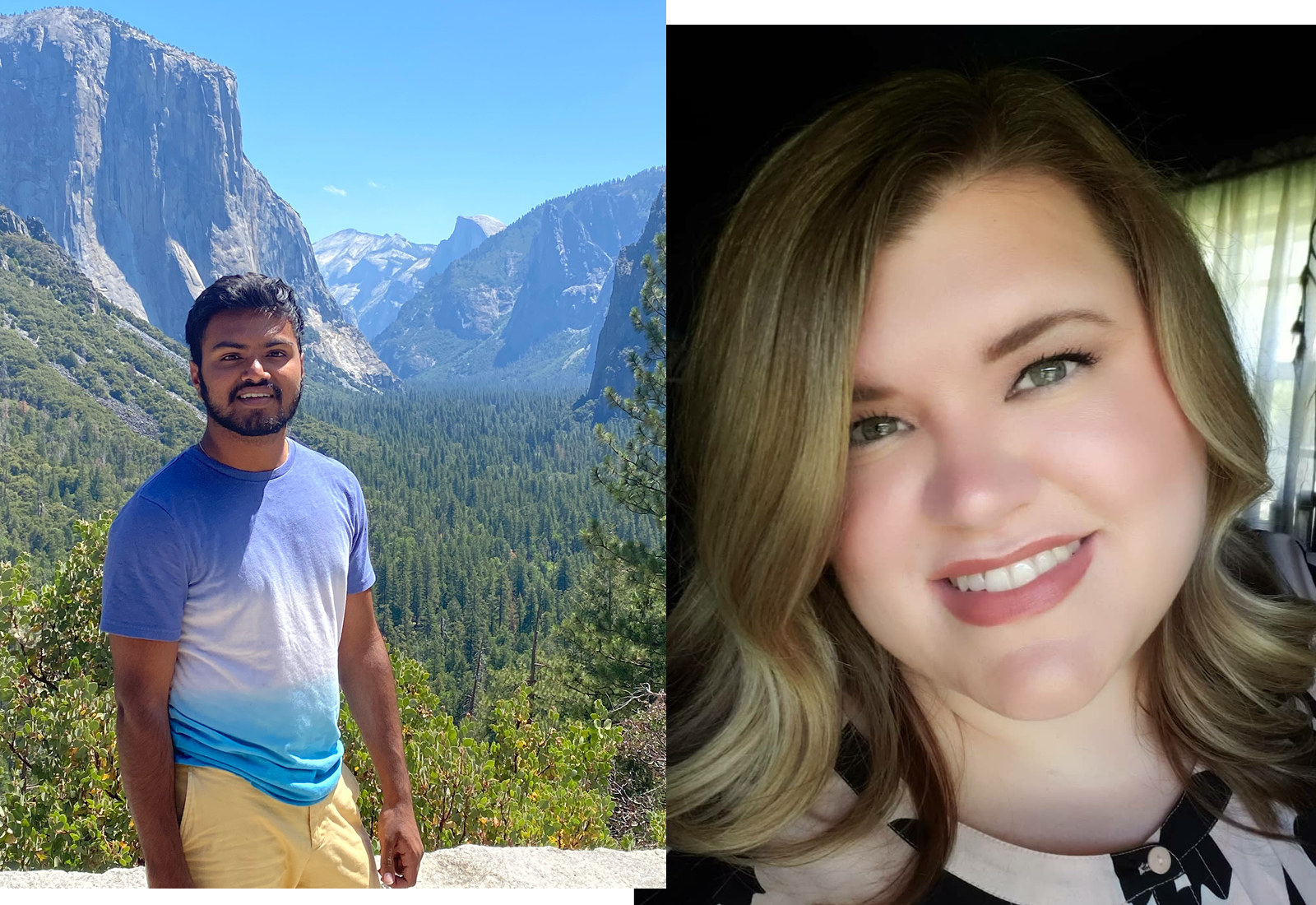
For many, the idea that a shortage of poll workers threatens voting access, making long lines and polling station closures more likely, spurred them to volunteer.
For 19-year-old Abhi Keshamouni, a poll worker in Michigan, increasing voter accessibility is what motivated him to sign up this year, he told BuzzFeed News. He said that having more volunteers means more stations and, therefore, it’s less likely that people will have to drive 15-20 minutes just to get to the polling location.
“I love helping people vote and giving everybody access to voting,” Keshamouni said.
Keshamouni first signed up to be a poll worker in 2020 via Power the Polls, an online initiative launched that year seeking to recruit a new wave of poll workers for the presidential election.
This year, Power the Polls has recruited around 125,000 volunteers for November’s midterm elections, Ashley Spillane, a senior adviser of the organization, told BuzzFeed News.
Spillane said that, in 2020, people were signing up “because they knew they wanted to protect seniors” and because they knew that if they didn’t work the polls in some places, polling stations would close. “I think it’s still the same in 2022, except now people are also saying, I just want to do something, I want a way to be involved,” Spillane said.
This midterm election is expected to reach historic turnout levels, making the need for poll workers even more crucial. “We need all the more people working these polling places to keep things smooth so that a historic number of people can actually show up and cast their vote,” Spillane said.
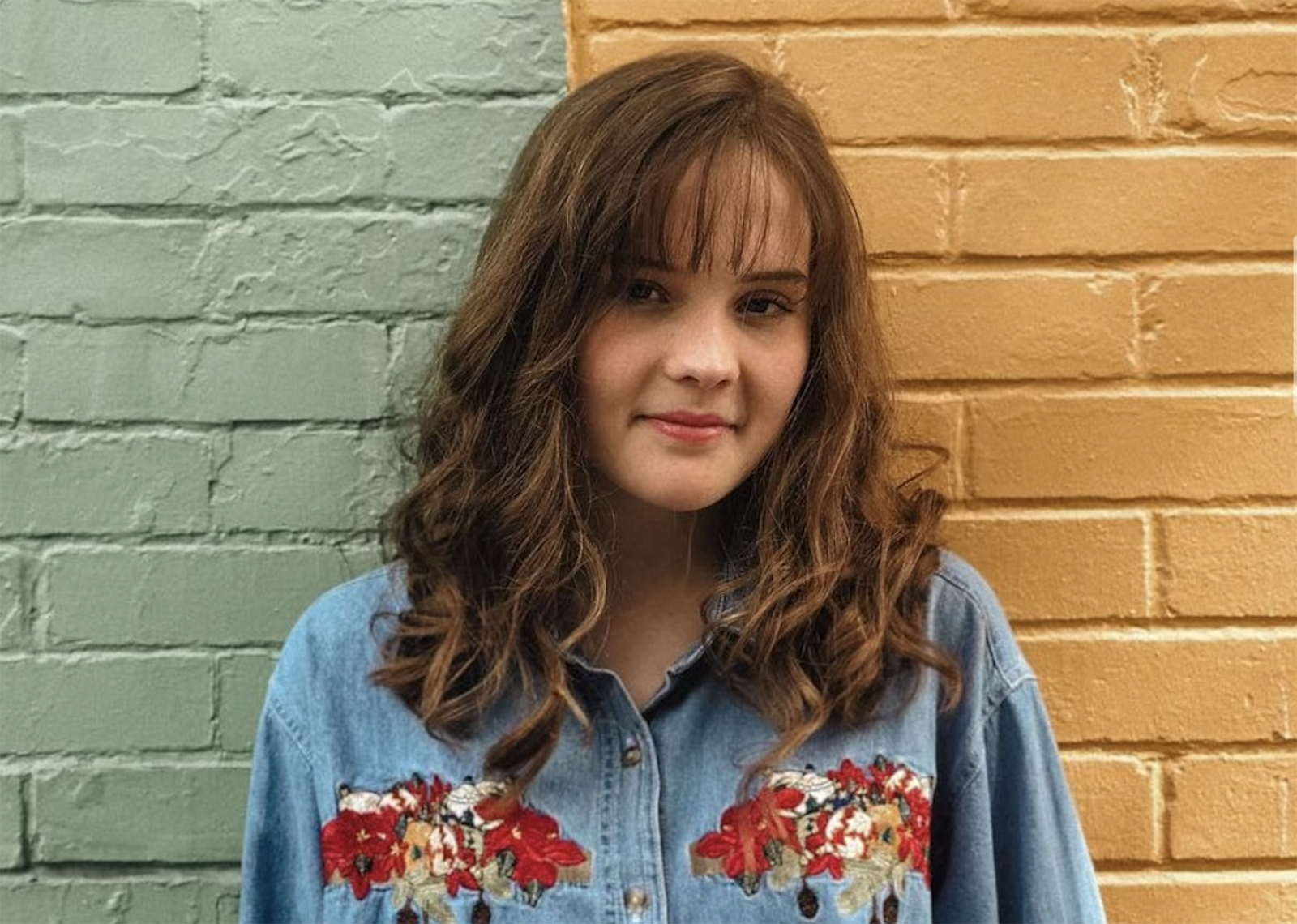
Mallory Rogers, 19, who first signed up to be a poll worker in Georgia during the 2020 election when she was just 16, has signed up again this year, telling BuzzFeed News that working the polls is “a great way to ensure that people are making their voice heard.”
“I’m really excited,” Rogers, who currently attends college in Boston, said. “I really like being able to help people exercise their rights.”
For Abby Nonthe, a 24-year-old poll worker and student in Arizona, her decision to work the elections this year was fueled by wanting to help her community.
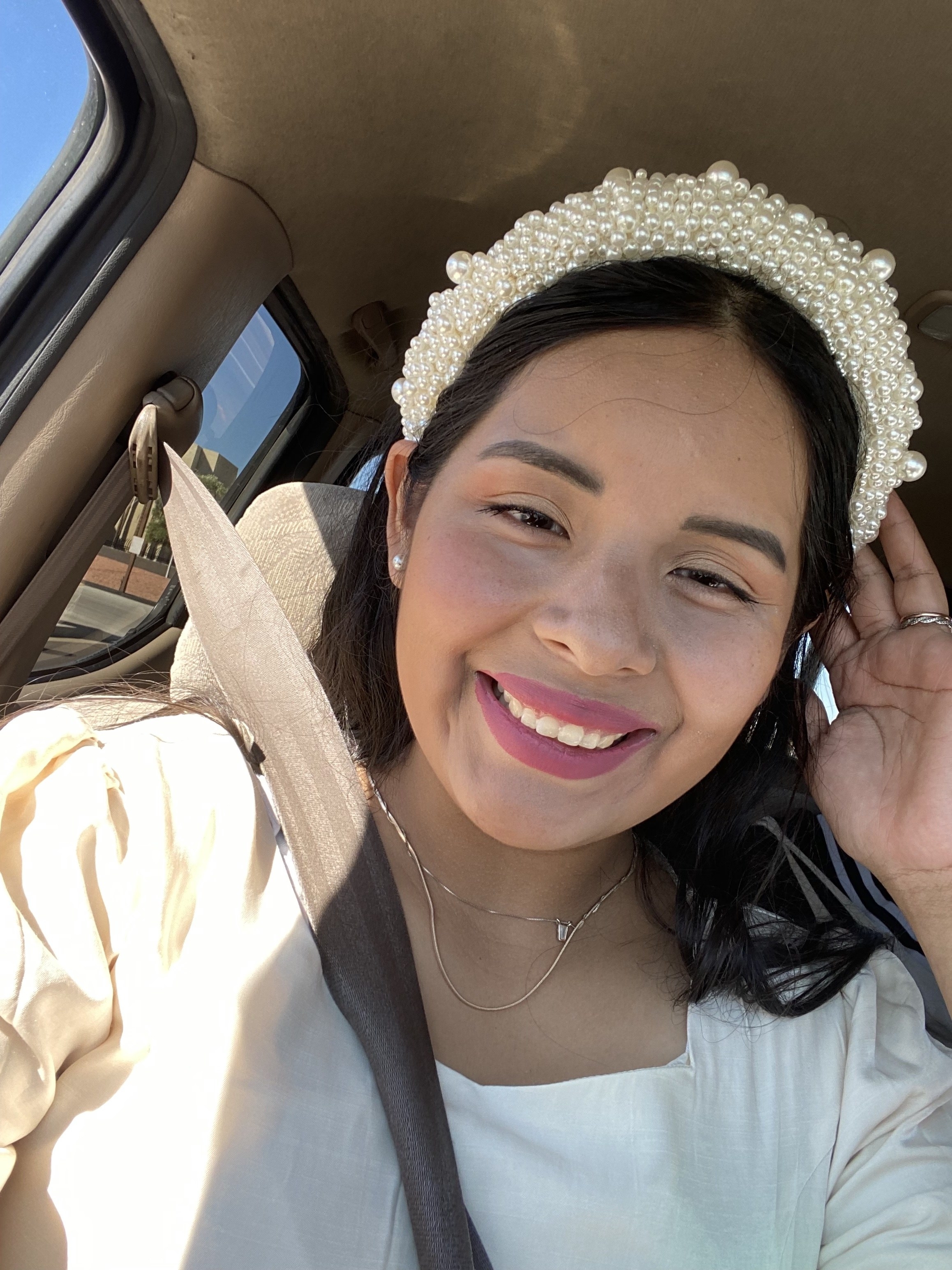
“I want to show people, especially my Latino community, that when they come to the polls, they can see a familiar face to somebody that looks like them,” Nonthe told BuzzFeed News. Working the polls also shows people that “our generation can work and want to be involved in elections, we can be poll workers, and that we are here and do have a voice,” she said.
Megan Burnham, 33, who signed up to be a poll worker for the first time in 2020, is volunteering again this year after noticing fewer people were registering to work the elections, she said.
“I think a lot of people have gone back to work and normal activities, so I wanted to try to help out if I could,” Burnham, who is based in New York, said. She added that after the Supreme Court struck down Roe, she felt like she needed to be more engaged.
During one of the hearings of the congressional committee investigating the Jan. 6 attack on the US Capitol over the summer, Wandrea “Shaye” Moss, a former Georgia election worker, testified about the harassment she faced after Trump and his associates attacked her and her mother during the 2020 election.
In her emotional testimony, Moss recounted how she and her mother's lives were drastically changed by the lies lodged against them by then-president Trump and his team. She described how they faced countless death threats, vile and racist comments, and harassment that made them afraid to leave their homes and even introduce themselves by their names.
Erin Sforza, a poll worker from Long Island, remembers watching Moss’s testimony. “I felt awful for her,” Sforza told BuzzFeed News. But for Sforza, who first worked the polls in 2020, the increase in claims of voter fraud and threats against poll workers has made her want to just “get up, go there, and open the polling place,” she said, “almost in defiance of it.”
“If I’m not there, and other people decide not to be there, the polling place might close,” she said. “At this point in time, I feel like almost everywhere you go, unfortunately, in this climate is a risk, and the only way we can change things like that is to give people access to the vote and let their voices be heard.
“The last thing I’m willing to give up is the ability for people to assemble and vote.” ●
